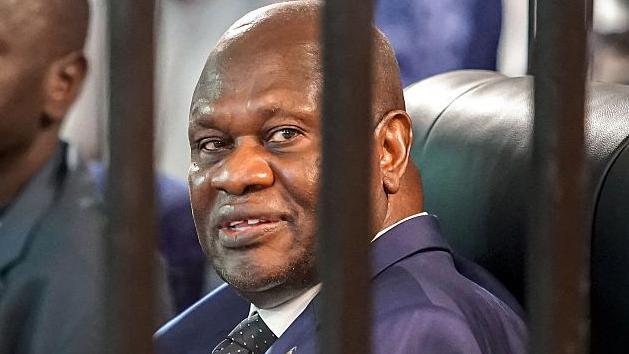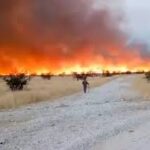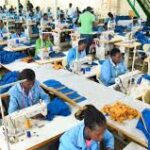A special court in South Sudan has ruled that it has the legal authority to prosecute suspended First Vice-President Riek Machar and seven of his allies, who face grave charges including murder, treason, and crimes against humanity. The ruling, delivered by Presiding Judge James Alala, dismissed all objections raised by Machar’s legal team and set the stage for proceedings to continue on Wednesday.
Machar, a long-time opposition leader and rival of President Salva Kiir, has rejected the charges as a politically motivated “witch-hunt.” His indictment has triggered deep concerns both domestically and internationally that South Sudan, the world’s youngest nation, could be sliding back into conflict barely seven years after its last civil war.
The charges stem from a March 2025 attack allegedly carried out by a militia linked to Machar, which killed at least 250 soldiers and a general. Following the incident, Machar was placed under house arrest, sparking political tensions across the fragile nation.
Court Rejects Defence Objections
Machar’s defence team had argued that the case should not be tried by a national court, insisting instead that it fell under the jurisdiction of a hybrid court established by the African Union as stipulated in the 2018 Peace Agreement that ended five years of civil war. However, Judge Alala ruled that because no hybrid court has yet been formed, the South Sudanese special court retains the authority to try the matter.
“The special court enjoys jurisdiction to try this case according to the Transitional Constitution 2011 as amended,” Judge Alala stated, dismissing arguments that the proceedings were unconstitutional.
The court also rejected the defence’s claims that Machar enjoys immunity from prosecution, clarifying that only the president is covered by such protections under the constitution.
“The First Vice-President does not have constitutional immunity,” the judge declared.
In a further blow to the defence, two of Machar’s lawyers were expelled from the courtroom after the prosecution argued they lacked valid practising licences. The presiding judge ruled they could only return to represent their client once their licences were renewed.
Defence Denounces Politicisation
Machar’s lead counsel, Geri Raimondo Legge Lubati, condemned what he described as a politically charged campaign against his client. He accused senior government officials and ministers of orchestrating a “politicised media campaign” that painted Machar guilty before trial, violating the principle of presumption of innocence.
“To the public, this conduct amounts to unlawful and prior conviction of our accused and a blatant violation of the constitutional guarantee of presumption of innocence. The accused is innocent until proved beyond reasonable doubt,” Lubati said.
Growing Concerns of Renewed Conflict
The case has reignited fears of political instability and possible civil war in South Sudan, which only gained independence from Sudan in 2011 after decades of conflict. Machar and Kiir’s rivalry has already plunged the nation into violence in the past, with the 2013–2018 civil war killing nearly 400,000 people and displacing millions.
The United Nations, African Union, and neighbouring countries have all called for calm, urging the South Sudanese government to ensure justice is carried out in a fair and transparent manner while protecting the fragile peace agreement.
Analysts warn that if the trial is perceived as politically driven rather than impartial, it could inflame tensions among Machar’s supporters and destabilise the already volatile country. With South Sudan still struggling with economic collapse, food insecurity, and intercommunal violence, the outcome of Machar’s trial could determine whether the nation edges closer to reconciliation or spirals back into devastating conflict.













Leave a comment